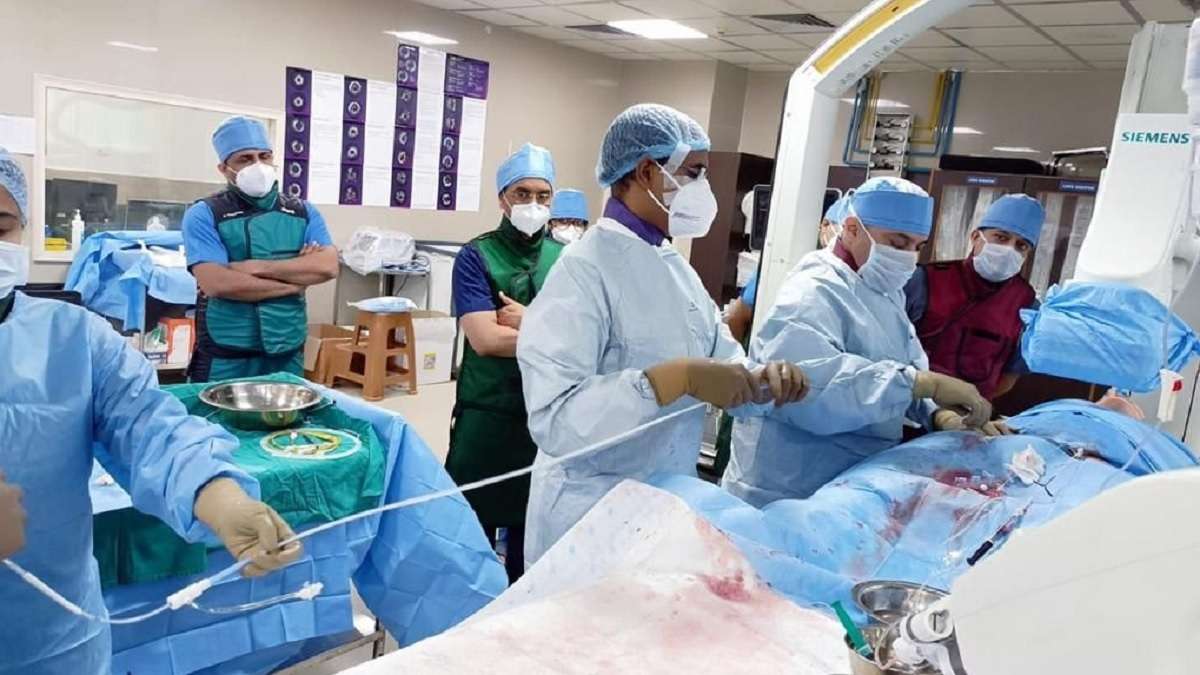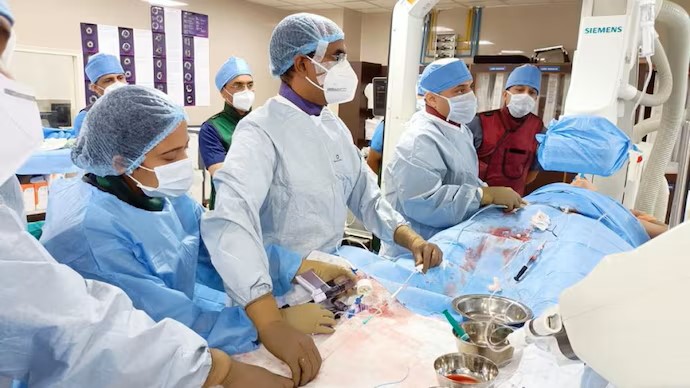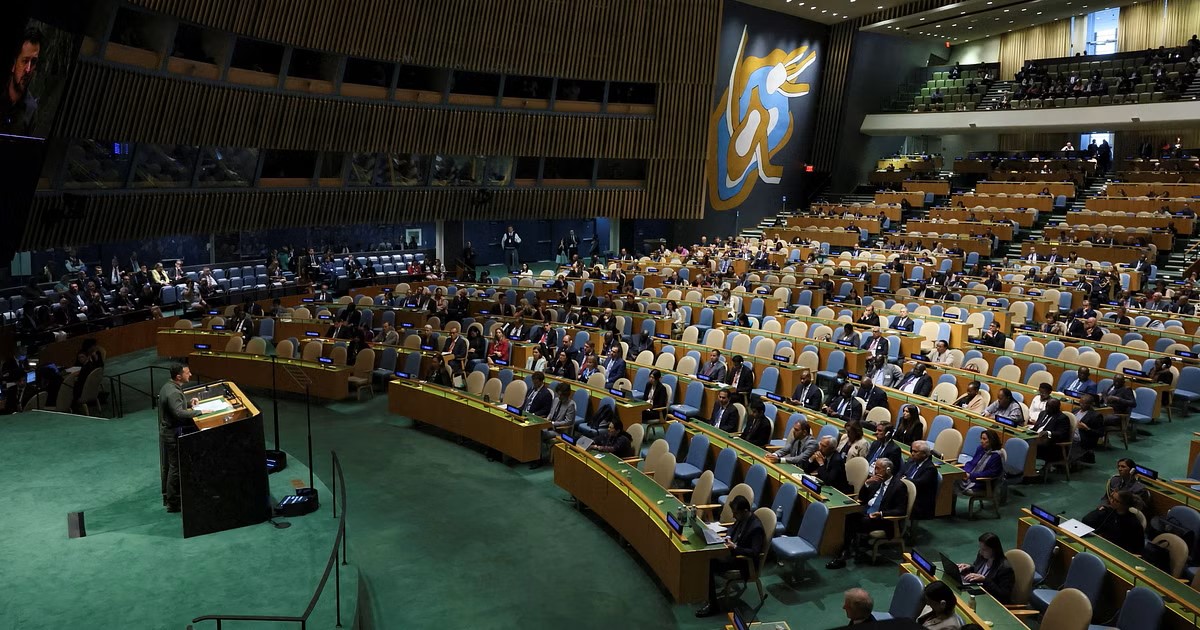Amidst the complexities of the medical world, a story unfolds from the Army Hospital (Research & Referral) in Delhi Cantt, illuminating a beacon of hope for a young boy and his family. This narrative transcends the boundaries of individual triumph, weaving a tapestry of collaborative efforts, advanced technology, and unwavering dedication, ultimately paving the way for a brighter future.
 The young protagonist of this story, an eight-year-old boy from Baramulla, Jammu & Kashmir, found himself battling a critical health challenge. Diagnosed with aortic stenosis, a narrowing of the aorta, the life-giving artery responsible for delivering oxygen-rich blood throughout the body, his condition significantly restricted blood flow to vital organs and compromised his heart function. Left untreated, this condition could have had devastating consequences.
The young protagonist of this story, an eight-year-old boy from Baramulla, Jammu & Kashmir, found himself battling a critical health challenge. Diagnosed with aortic stenosis, a narrowing of the aorta, the life-giving artery responsible for delivering oxygen-rich blood throughout the body, his condition significantly restricted blood flow to vital organs and compromised his heart function. Left untreated, this condition could have had devastating consequences.
Faced with such adversity and the inability to afford specialized care, the boy’s family received a ray of hope through the Indian Army’s Operation Sadbhavana, a military initiative dedicated to fostering welfare projects in Jammu & Kashmir. The Dagger Division, playing a pivotal role in this initiative, facilitated the boy’s transfer to the Army Hospital, showcasing the unwavering commitment of the Indian Army to supporting the well-being of civilians, especially those residing in remote or underserved areas.
At the hospital, the boy’s fate intertwined with the expertise of the pediatric cardiology team of the Armed Forces Medical Services (AFMS). These skilled professionals, armed with cutting-edge medical technology, opted for a complex yet minimally invasive procedure called transcatheter aortic valve implantation (TAVI). This advanced technique, available only at a select few centres in India, offered a glimmer of hope. Unlike traditional open-heart surgery, TAVI involves implanting a stent through a small incision in the groin, significantly reducing the invasiveness of the procedure. This approach boasts numerous benefits, including:
- Faster recovery times: The minimally invasive nature of TAVI allows patients to recover more quickly and return to their normal activities sooner.
- Reduced scarring: Compared to traditional open-heart surgery, which leaves noticeable scars, TAVI minimizes visible scarring, offering both cosmetic and psychological advantages, especially for young patients.
- Minimized emotional and psychological impact: TAVI, being less invasive, can potentially lessen the emotional and psychological burden on patients and their families compared to open-heart surgery.
While inherently risky like any medical intervention, the TAVI procedure performed on the young boy proved successful. The skilled medical team at the Army Hospital, drawing upon their extensive expertise and unwavering dedication, ensured a smooth and successful outcome. Remarkably, the boy recovered swiftly and was discharged within just three days, free from any visible scarring and ready to resume a normal and healthy life.
This remarkable story transcends the realm of individual success, highlighting several key aspects:
- The Synergy of Collaboration: The successful treatment of the young boy stands as a testament to the collective efforts of the Army Hospital, the Dagger Division, the Chinaar Corps, and the Indrani Balan Foundation. This instance exemplifies the power of collaboration, showcasing how various entities can work together to bridge the gap in healthcare access, particularly for those residing in remote or underserved areas.
- A New Era of Medical Technology: The availability of minimally invasive procedures like TAVI signifies a new era in medical technology, offering significant advantages to patients in terms of faster recovery, reduced scarring, and potentially minimizing the emotional and psychological impact associated with traditional open-heart surgery.
- Excellence Within the Armed Forces Medical Services: The success of this complex procedure underscores the exceptional capabilities and dedication of the medical professionals at the Army Hospital (R&R) in Delhi Cantt. Their expertise plays a vital role not only in ensuring the well-being of military personnel and their families but also in extending a helping hand to civilians in need, particularly those residing in remote or underserved areas. This commitment to providing advanced medical care further strengthens the Armed Forces Medical Services’ reputation for excellence and service to the nation.



